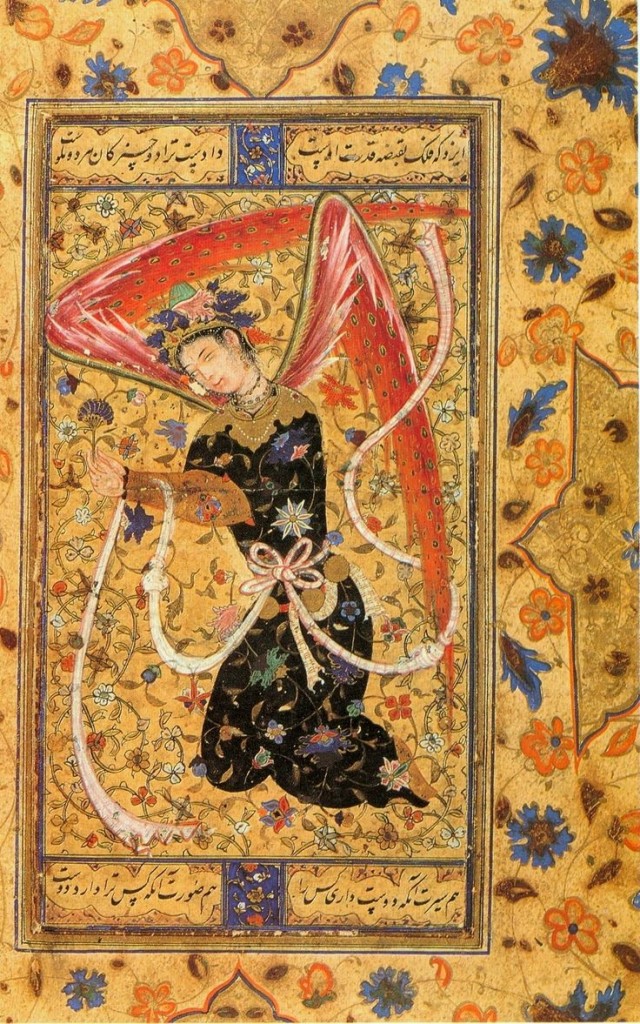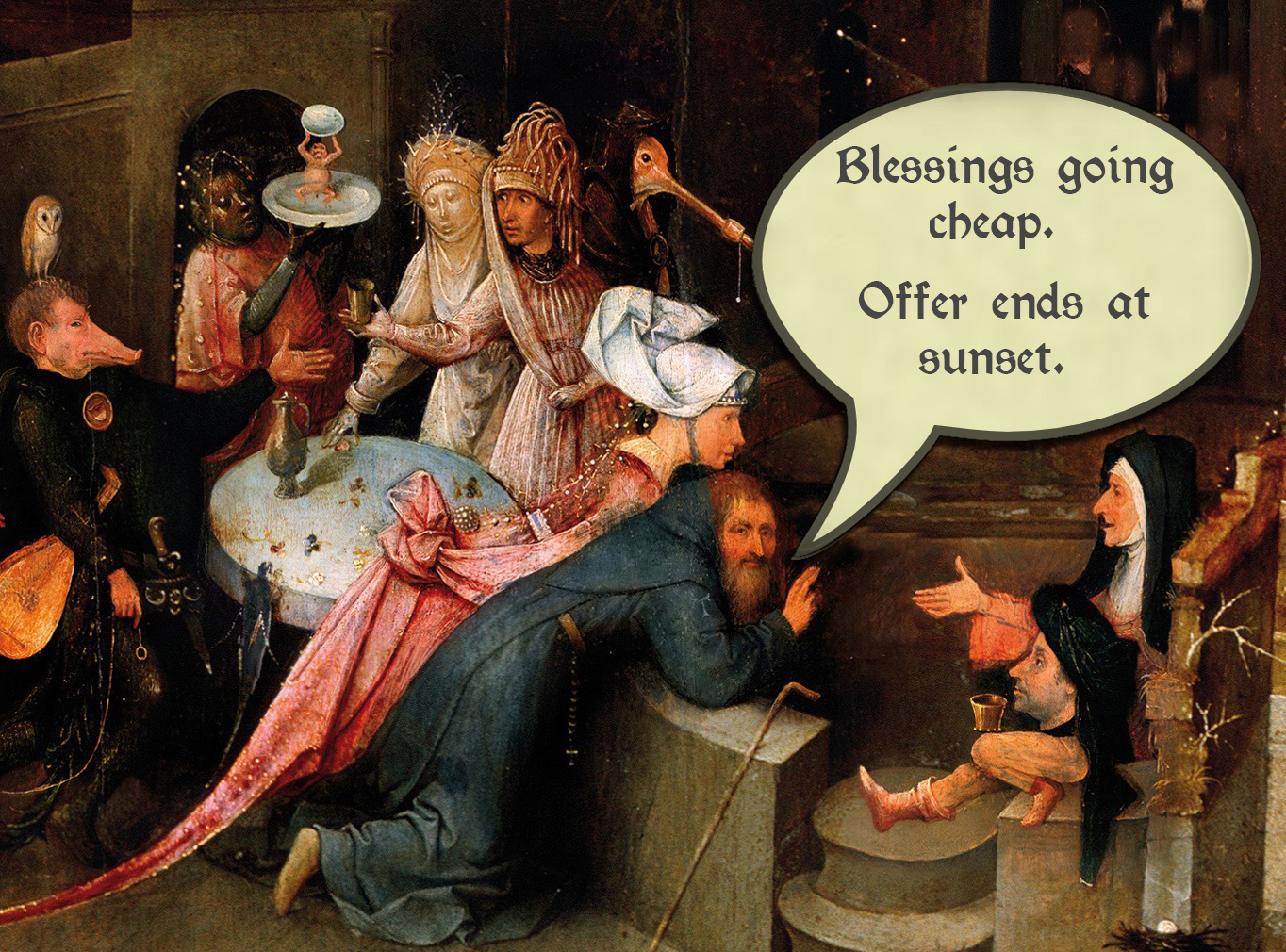Every few days on the blackboard outside my neighborhood café, Sandy, the owner, posts a new gem of wisdom.
Yesterday as I rushed past with my takeaway chai latte, I glimpsed these words: ‘The body is the servant of the mind.’ Which got me thinking: what if the mind is, in turn, the servant of the soul? Now before you think I’m about to get all mystical on you, I’m going to refer to a study on consciousness conducted by the psychologist Benjamin Libet in the 1980s. His experiment revealed that seconds before his subjects had a conscious intention to move a finger, there was a signal in the brain. His results, which have been hotly debated ever since, imply there is a driver behind our conscious thoughts – be it our subconscious or some external force.
Thirty-five years later, when it comes to our own brains, we’re still fumbling about in the dark.

Most of us believe we are masters of our own destiny. So does a belief in our own agency make us behave more morally? If at some point in the future, science proves that we don’t have free will, how might this change the way we treat others?
What an exquisite paradox! The deeper we go down this rabbit hole the more complex it becomes. What do we really mean by free will anyway? Are we just fiddling with semantics? After all, like all life on this planet, we are constrained by our own biology and, in the case of humans, by our cultural indoctrination.
If we do eventually learn we don’t have free will, we may also discover the source of that force that drives us – be it some transcendent self, a collective unconscious or something we don’t even have a name for yet. And when we unravel this mystery, it will turn many religions on their heads and be as life-changing as discovering earth is not the centre of the universe, or communicating with sentient life on other planets.
However, if history is anything to go by, the person or people who discover the true source or impetus behind consciousness may well be ridiculed or professionally/physically assassinated for spreading unrest and corruption. My guess is it’ll take a few hundred years for their ideas to be absorbed into the human mindset.
I doubt however, these epiphanies will come in my lifetime. In the meantime, harbouring the illusion that I do have free will, I’ll continue to post these blogs and buy the best chai lattes in Sydney from Sandy’s café. All while enjoying her complimentary morsels of wisdom.
.

